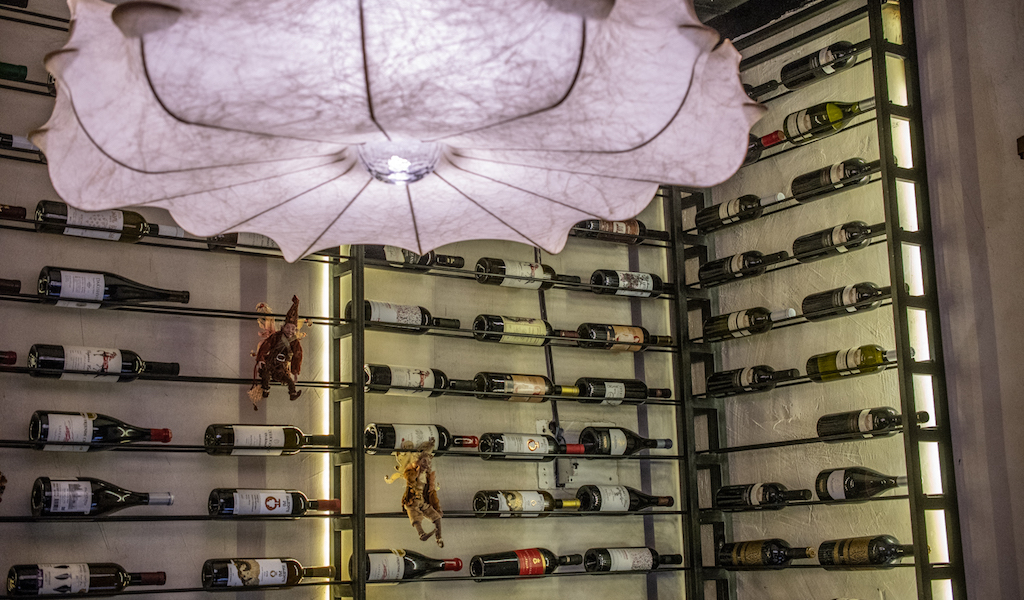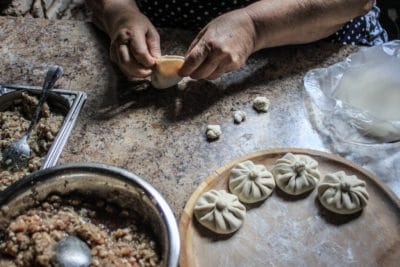We can't find the internet
Attempting to reconnect
Something went wrong!
Hang in there while we get back on track
Making Moonshine in Kakheti
We can't find the internet
Attempting to reconnect
Something went wrong!
Hang in there while we get back on track

Related Stories
We can't find the internet
Attempting to reconnect
Something went wrong!
Hang in there while we get back on track
Book our Award-Winning Tbilisi Food Tour

Get Your Free Tbilisi Pocket Guide
Introducing our pocket-sized Tbilisi guide — perfect for your next culinary adventure. Yours free when you sign up for our newsletter.







